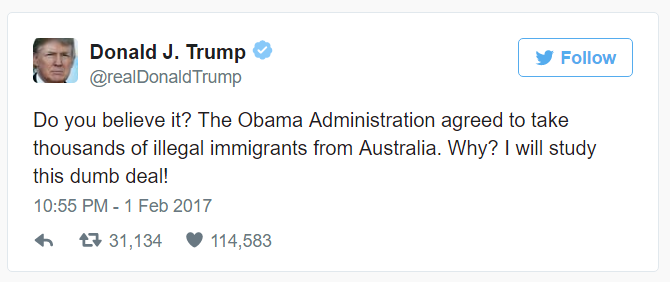I was discussing educational philosophy with my mom a few days ago — especially early childhood education, which wasn’t either of our specialties. But as Anya is getting older, it’s becoming relevant. And I’m surprised by the rigorous curriculum adopted by one of the local “elite” preschools around here. It’s got a wait list and enormous price tag. And it ignores a great deal of recent research regarding childhood learning – essentially that very young kids form the neural connections that are needed for formal schooling through free play. Not by getting them to sit down and listen to lectures at an earlier age, not by being told what to do and doing it … but by being left to their own devices to use toys “wrong” and run and climb.
Made me think of my experience with education — and I graduated top ten in my class, so this isn’t just “the school is why I’m failing, not me” complaining. School managed to take all of the fun out of any subject. Not sure if that’s just the Puritanical history of the country dictating that work shouldn’t be fun or just a reality of trying to teach 30 kids in a class.
I love reading. And talking with friends about what I’ve read. I do *not* love reading a few chapters and writing a five page double spaced Arial 12 point text essay on the allegory … you get the idea.
I started University as a history major – but I don’t care as much about the exact date that the Treaty of Versailles was signed as much as the socio-political impact the treaty content had on much of Europe. I don’t want a list of the crusades and their dates – but the cultural impact, the religious impact, hell even the political impact that having a large number of military leaders and men roaming across the continent had “back home”.
Chemistry lab experiments were graded on the % deviation between your results and the predicted outcome. You were essentially being tested on your ability to get exactly 12 milliliters into a container. Or you had the good sense to BS your way through the experiment, calculate the intended results, and reverse engineer your experimental values with a variance somewhere between 91% and 97%.
Art – first of all, I find the idea of grading such a subjective subject to be right silly. Personally, I would have graded on attitude and effort. Someone who lacks hand-eye coordination but put a lot of thought into the media and technique may have made an ugly picture … but they got something from the experience. A talented artist may have fobbed off the class but made a beautiful piece. I have to say, I had a physical education instructor who graded with that exact logic. Someone from the girls’ basketball team could grade poorly in the basketball unit not because they didn’t make baskets but because they were disruptive to class and weren’t trying. Someone who was putting forth a lot of effort but didn’t make any baskets could still get an ‘A’. Usually, though, physical education was graded on one’s ability within specific sports.
Maths and physics become a memorization challenge. Foreign language classes were recitation. Any class – they managed to turn it into an unpleasant experience.
